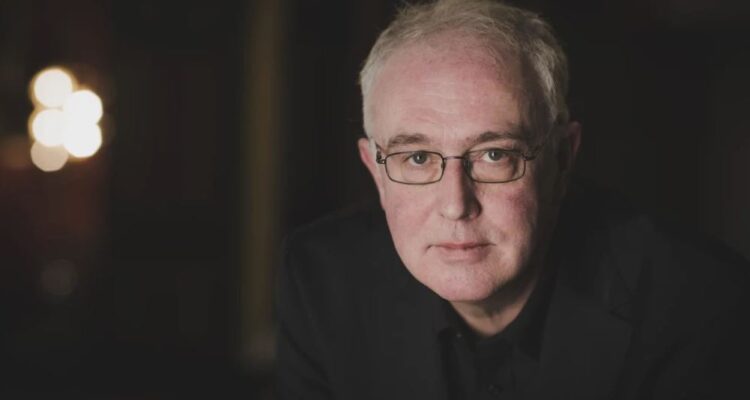Joseph O’Connor is one of those novelists who can be an engrossing yarn spinner and also craft a sentence with a great attention to the cadence of the prose so you’re as impressed by the musicality of his ear as you are by the twists of his plot.
This one is a dazzling story and the setting is Rome during the German occupation – with the crucial difference that Vatican City, the domain of the Pope, is neutral space. It’s from here at Christmas, 1943, that an Irish priest, Monsignor Hugh O’Flaherty, organises the escape of numerous people sought by the Nazis with the help of a group who make up his “choir”, including a titled British ambassador, his Cockney minder, a dynamic Italian man of the streets, a contessa, an Irish woman, a gay female journalist, and a professional British army officer, offhand and debonair.
They’re a brilliant, intensely likeable crew, and they’re brave beyond belief. Each of them presents some section of the narrative via an interview or written statement from the early ’60s, and it’s remarkable how O’Connor sustains a consistent narrative while also doing justice to the individual quality of these recollections.
At the centre of the whole thing is the monsignor, a man of mercy and as tough as nails, the kind of Irishman who will fight until he drops but is also a religious man who believes as an article of faith in the forgiveness of a loving God.
This is a kind of historical thriller that is rich in its coloration and with a tendency towards melodrama that is not in control but is hard not to be swept up by. There is a not quite sinister meeting with Pope Pius XII done with a deliberate magnificence and there is a ghastly scoundrel who is head of the SS and has a cruelty that is not separate from his hysteria.
Read the article by Peter Craven in WA Today.

